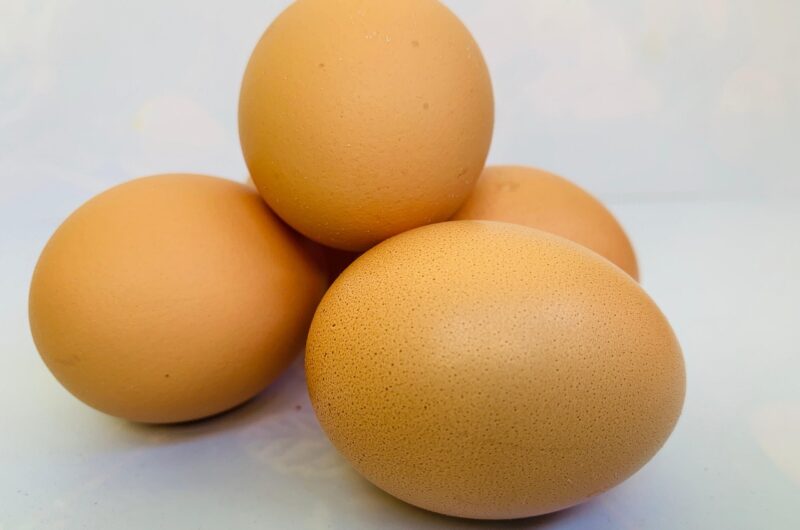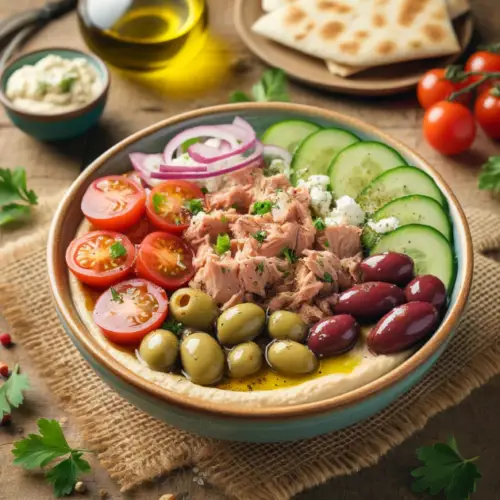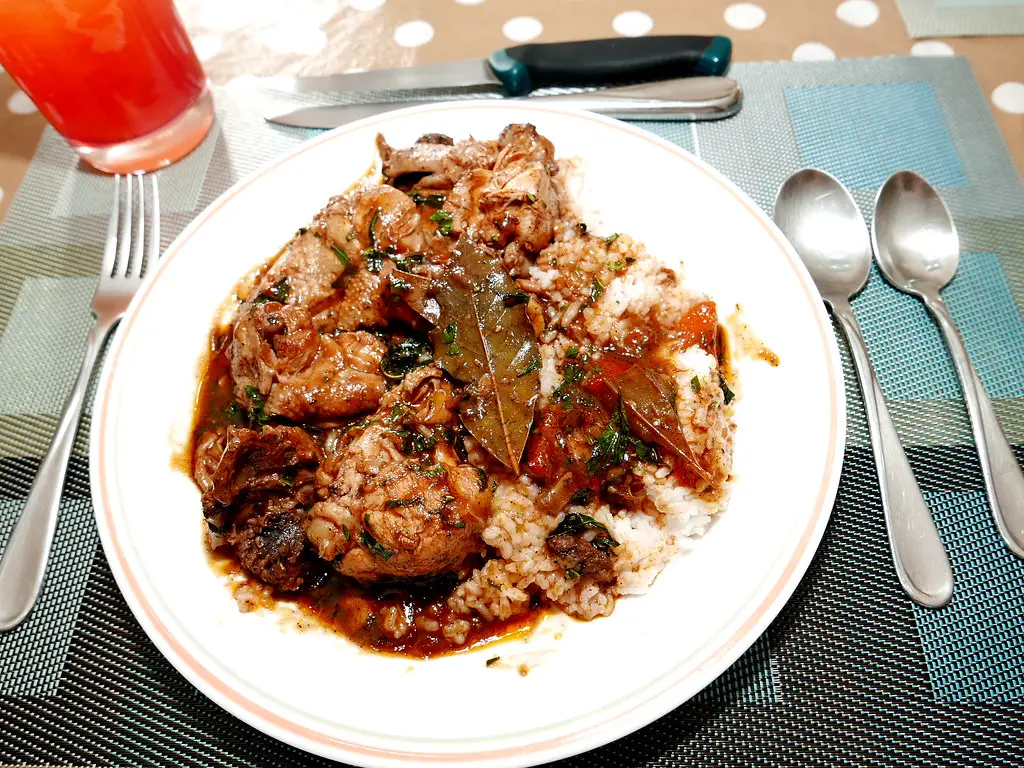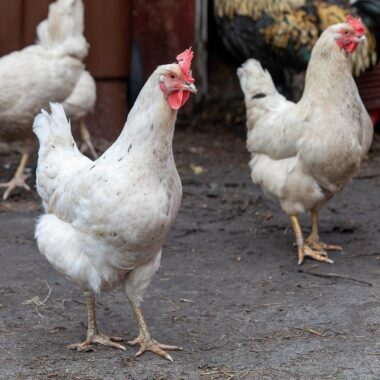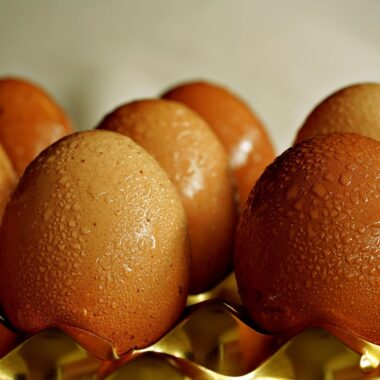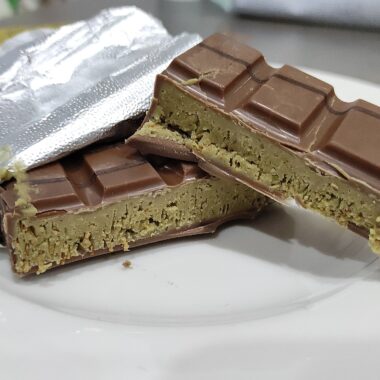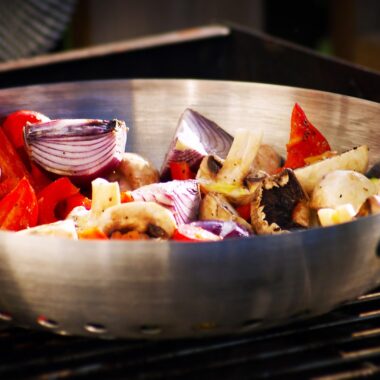Cooking hard-boiled eggs should be simple, yet it often turns into a frustrating task when the eggs crack in the pot. The cracks can lead to whites seeping out, creating unappealing, lopsided eggs. But don’t worry—there’s a foolproof method to prevent cracking and achieve perfectly cooked hard-boiled eggs every time.
In this comprehensive guide, we’ll explore the science behind boiling eggs, common mistakes people make, and a step-by-step method to ensure your eggs remain intact while cooking.
Why Do Eggs Crack While Boiling?
Eggs crack while boiling due to sudden temperature changes and movement in the water. Understanding these reasons helps prevent the issue:
- Rapid Temperature Changes
Placing cold eggs directly into boiling water causes thermal shock, making the shells crack. The sudden expansion of the air pocket inside the egg leads to breakage. - Excessive Movement in Water
If eggs are boiled at a rapid rolling boil, they tend to knock into each other and the pot’s sides, leading to shell fractures. - Thin or Weak Shells
Some eggs naturally have thinner shells due to the age of the hen or its diet, making them more prone to cracking. - Overcrowding the Pot
When eggs are packed too closely, they collide as the water moves, leading to breakage.
Choosing the Right Eggs for Hard Boiling
Not all eggs are equal when it comes to hard-boiling. Here’s what to consider:
- Fresh vs. Older Eggs
Older eggs are easier to peel due to the air pocket inside increasing over time. If you struggle with peeling, try using eggs that are at least a week old. - Egg Size
Large eggs work best for consistency, but the cooking time should be adjusted slightly if using medium or extra-large eggs. - Eggshell Quality
Organic and free-range eggs tend to have thicker shells, making them less likely to crack.
Step-by-Step Guide to Boiling Eggs Without Cracking
Now that we understand the causes of cracking, let’s dive into the perfect method to prevent it.
Step 1: Start with Room-Temperature Eggs
Instead of using eggs straight from the fridge, let them sit at room temperature for about 10–15 minutes before boiling. This minimizes the risk of thermal shock when they hit the hot water.
Step 2: Arrange Eggs in a Single Layer in a Pot
Choose a saucepan or pot that allows eggs to be placed in a single layer. Avoid stacking eggs, as this increases the chance of breakage.
Step 3: Add Cold Water to Cover the Eggs
Fill the pot with enough cold water to cover the eggs by at least an inch. Starting with cold water helps the eggs heat gradually, preventing sudden temperature changes.
Step 4: Add a Pinch of Salt or Vinegar (Optional)
Adding a teaspoon of salt or a splash of vinegar to the water can help seal cracks if they form, preventing egg whites from leaking out.
Step 5: Slowly Bring Water to a Simmer
Heat the water over medium heat rather than high heat. A gradual temperature increase ensures gentle cooking and prevents the eggs from moving around too much.
Step 6: Reduce Heat Once Water Reaches a Gentle Boil
Once the water reaches a gentle boil (not a rapid rolling boil), reduce the heat slightly and let the eggs cook. The ideal timing for perfect hard-boiled eggs is:
- Soft-Boiled: 4–6 minutes
- Medium-Boiled: 7–9 minutes
- Hard-Boiled: 10–12 minutes
Step 7: Turn Off the Heat and Cover the Pot
Once the eggs reach the desired doneness, turn off the heat and cover the pot with a lid. Let the eggs sit in the hot water for 5–10 minutes, depending on how firm you want the yolks.
Step 8: Transfer Eggs to an Ice Water Bath
Immediately transfer the eggs to a bowl of ice water. This stops the cooking process and makes peeling easier. Let them sit for at least 5 minutes before peeling.
How to Peel Hard-Boiled Eggs Easily
Even with the best boiling method, peeling hard-boiled eggs can still be tricky. Here are some tips to make peeling a breeze:
- Use Older Eggs – The fresher the egg, the harder it is to peel. Slightly older eggs develop a larger air pocket, making peeling easier.
- Crack the Shell Gently – Tap the egg on a hard surface and roll it gently to loosen the shell before peeling.
- Peel Under Running Water – Running water can help separate the shell from the egg white.
- Use the Shake Method – Place the boiled eggs in a closed container with a little water and shake gently. The shell will loosen, making it easier to peel.
Common Mistakes to Avoid
To ensure perfect hard-boiled eggs, avoid these common mistakes:
- Boiling Too Vigorously
A rolling boil increases the chance of eggs cracking. Stick to a gentle simmer. - Using Water That’s Too Hot or Too Cold
Placing eggs in already boiling water causes thermal shock, leading to cracks. Always start with cold water. - Skipping the Ice Bath
Without an ice bath, eggs continue cooking and become harder to peel. - Not Timing the Cooking Properly
Overcooking results in a greenish-gray ring around the yolk due to sulfur and iron reactions. Stick to the recommended cooking times.
Alternative Cooking Methods
If you want to try other ways to cook hard-boiled eggs without cracking, here are a few alternative methods:
Steaming
Steaming eggs instead of boiling reduces shell breakage and makes peeling easier.
- Place eggs in a steaming basket over boiling water.
- Cover and steam for 12–15 minutes.
- Transfer to an ice bath before peeling.
Baking in the Oven
Baking eggs in the oven is a less common but effective method.
- Preheat the oven to 325°F (163°C).
- Place eggs in a muffin tin to keep them from rolling.
- Bake for 30 minutes, then transfer to an ice bath.
Using an Instant Pot
Pressure-cooked eggs are easy to peel and rarely crack.
- Add 1 cup of water to the Instant Pot.
- Place eggs on a trivet and set to “Manual” for 5 minutes.
- Allow a 5-minute natural release, then place eggs in an ice bath.
Final Thoughts
Cooking hard-boiled eggs without cracking is all about controlling temperature changes, reducing movement in the water, and following a careful step-by-step process. By starting with room-temperature eggs, using gentle heat, and finishing with an ice bath, you’ll achieve perfectly cooked eggs every time.
Whether you prefer traditional boiling, steaming, baking, or using a pressure cooker, mastering this process ensures smooth, unbroken shells and easy peeling. Try these methods today and enjoy perfectly hard-boiled eggs without the frustration!
Here are some reliable references and sources for the information used in this article on cooking hard-boiled eggs without cracking:
- Harold McGee – On Food and Cooking: The Science and Lore of the Kitchen
- McGee explores the science behind cooking, including the behavior of eggs under heat and best practices for boiling them.
- America’s Test Kitchen – The Science of Good Cooking
- A research-driven approach to cooking, including the optimal techniques for boiling eggs.
- USDA Food Safety and Inspection Service – Egg Storage, Cooking, and Handling Guidelines
- https://www.fsis.usda.gov
- Provides official guidelines on how to cook eggs safely to avoid contamination and overcooking.
- University of Nebraska-Lincoln Extension – Egg Chemistry and Cooking Methods
- https://food.unl.edu
- A scientific look at how eggs react to heat and why certain methods work better than others.
- Serious Eats – The Best Way to Boil Eggs by J. Kenji López-Alt
- https://www.seriouseats.com
- Kenji López-Alt uses scientific testing to determine the best way to boil and peel eggs.
- The American Egg Board – Egg Nutrition and Cooking Tips
- https://www.incredibleegg.org
- Offers tips and cooking methods recommended by egg industry experts.
These references combine scientific research, culinary expertise, and food safety guidelines to ensure the most reliable techniques for cooking hard-boiled eggs without cracking.
